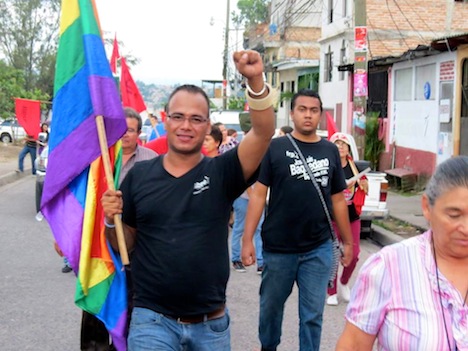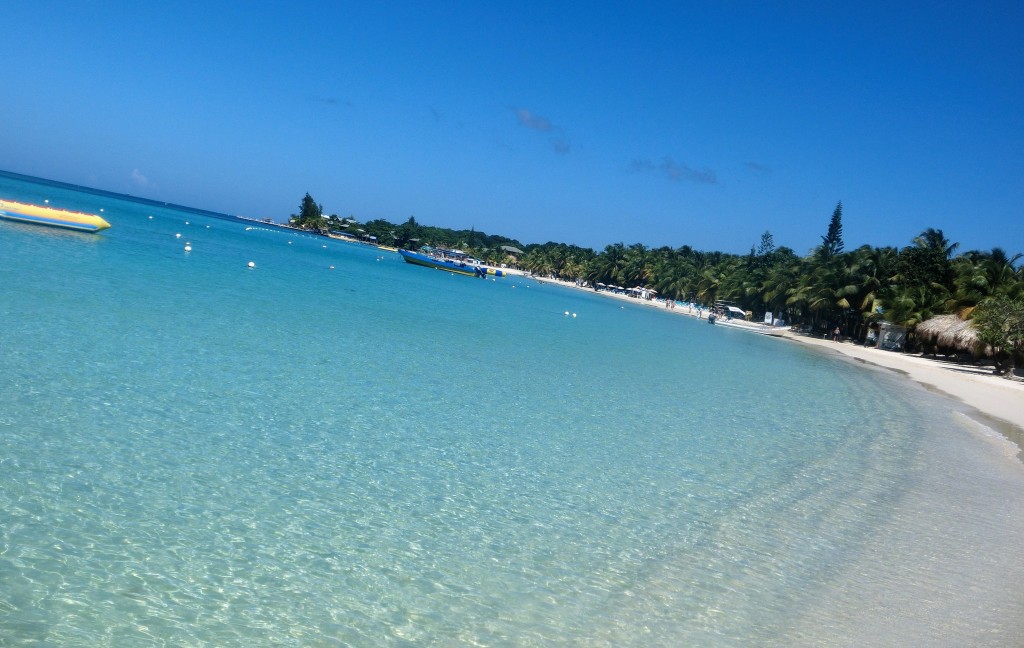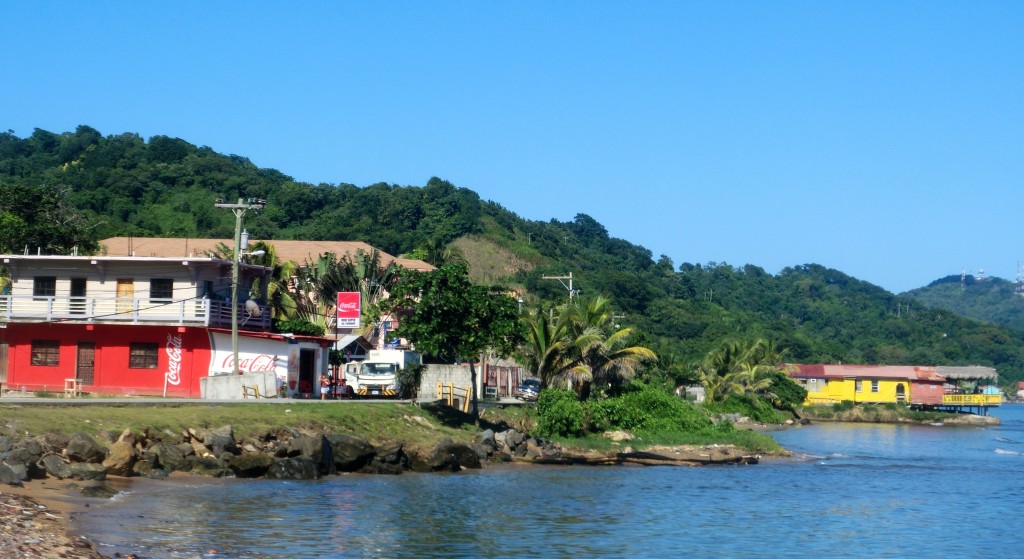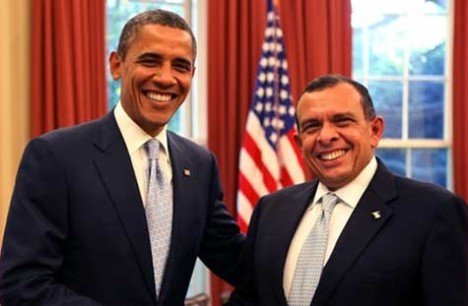NOTE: This post originally appeared at Huffington Post’s Latino Voices blog.
For more of Suffragio‘s coverage and reporting on Honduras, click here.
TEGUCIGALPA, Honduras — Erick Martínez remembers exactly where he was when Erick Martínez was killed.![]()
Erick Vidal Martínez, today one of Honduras’s most high-profile LGBT activists, was supposed to meet Erick Martínez Avila at one in the afternoon on an otherwise temperate spring day in May 2012. Martínez Avila had been selected to be the representative of the LGBT community in the congressional primaries for Honduras’s new leftist political party, the Party of Liberty and Refoundation (known by its acronym, LIBRE, which is Spanish for “free”). But the LGBT community had planned to meet on May 6, 2012 to hold a full assembly in order to ensure that all voices, including transsexual and transgender members of the community, could provide input on the campaign ahead.
“The meeting was scheduled at 2:00 p.m., but we had talked about getting together beforehand.,” Martínez said. “Then 3 o’clock came around, then 3:30, and he didn’t show up. People started to believe that he didn’t want to become the candidate. So people said, ‘well, we’ll just have to find somebody else.'”
The next day, May 7, was Erick Vidal Martínez’s birthday. When the other Erick didn’t send so much as a text message to mark the occasion, the community’s brief annoyance deflated quickly into concern. Later that day, they learned the news — Erick Martínez Avila had been kidnapped off the streets of Tegucigalpa, the capital city of Honduras. His kidnappers ultimately strangled him to death and discarded his body in a ditch on the outskirts of town.
“My world completely changed that day, it was a 360-degree turn,” he said. “I didn’t have time to mourn him, I didn’t have time to cry.”
It was among the more high-profile of dozens of assassinations within Honduras’s struggling LGBT community — another top LGBT activist, Walter Tróchez, was shot while walking down the street in December 2009. Erick Vidal Martínez knew both of them well — as friends, as political allies, as part of his support network in a country where dissent of any stripe has become increasingly perilous. No one would have blamed him for packing his bags, filing an asylum application and catching the next flight to Ottawa. Or Brussels. Or London.
Instead, just days before Hondurans voted in a landmark general election, Erick met with me for coffee in downtown Tegucigalpa to explain why he’s picked up the fight where the other Erick, Walter and other murdered LGBT activists left off, and why he’s willing to risk his life to fight for greater rights for the diversity community in Honduras, a task that could become ever more treacherous in the years ahead, when Honduras’s new conservative president, Juan Orlando Hernández, will be inaugurated Monday, January 27.
“Everyone in Honduras has fear, but you can’t make decisions through fear and the past,” Martínez said. “I have to be smart. It would be foolish of me to expose myself. My advantage is my profile as a human rights activist. This is not a bulletproof vest, but it helps… After Erick’s murder, I gave up my social life; I gave up my private life.” Continue reading Honduran LGBT activists fear ongoing threat upon Hernández inauguration



